Raisins, the sun-dried treasures derived from grapes, are not only a popular snack but also a valuable agricultural commodity in the global market. Used extensively in baking, cooking, and snacking, raisins are cherished for their rich taste, high nutritional value, and long shelf life. As global demand for healthy and natural food options continues to rise, so does the significance of raisin production. Among the many countries involved in this industry, Turkey stands out as the largest producer of raisins in the world.
This article delves into the journey of raisins, focusing on the key players in production, the dominance of Turkey, contributing factors behind its leadership, and the global dynamics of the raisin market.
What Are Raisins?
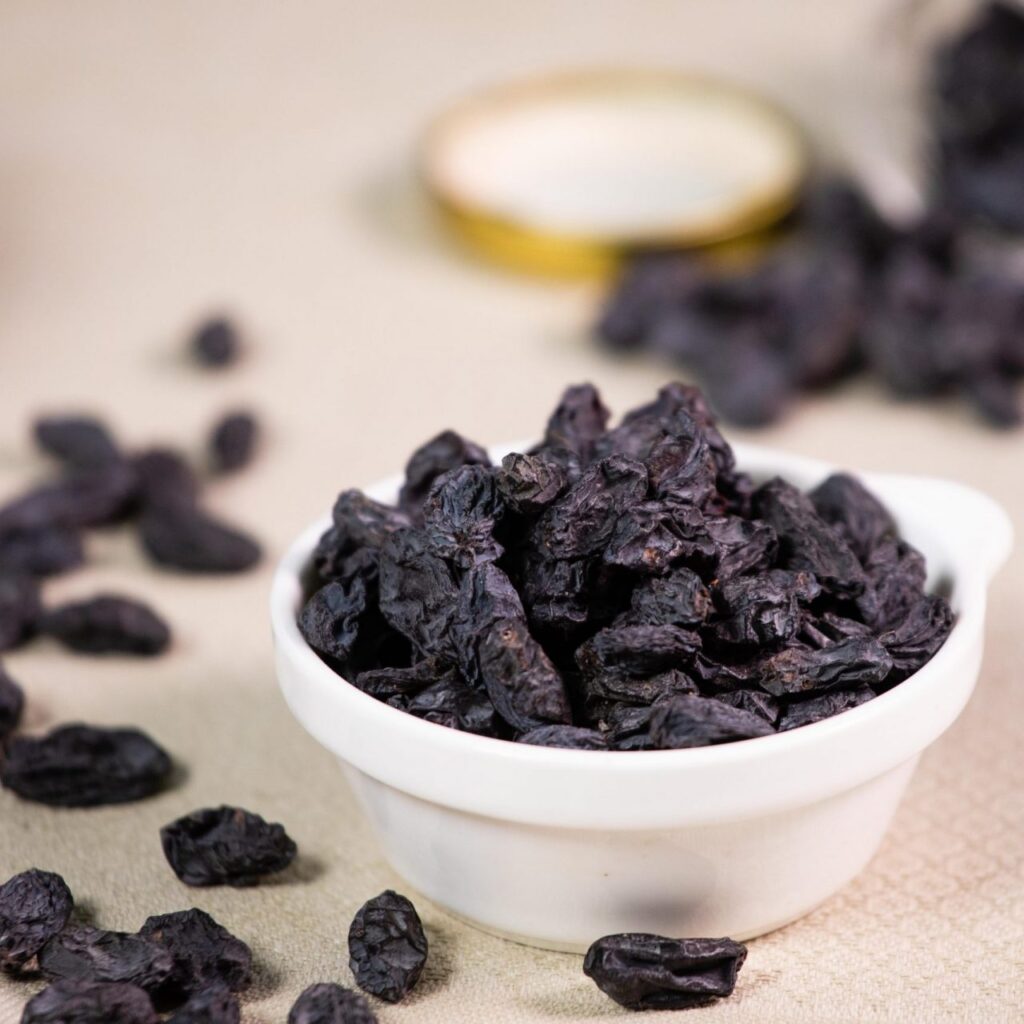
Raisins are dried grapes, typically made from varieties such as Thompson Seedless, Sultana, and Black Corinth. The drying process removes most of the water content, concentrating the sugars and nutrients, which gives raisins their sweet flavor and chewy texture. They are a rich source of dietary fiber, iron, potassium, antioxidants, and natural sugars, making them a healthy alternative to processed snacks.
There are several types of raisins including:
- Golden Raisins (treated and dried in controlled environments)
- Sultanas (lighter, often treated with sulfur dioxide)
- Currants (small and tart)
- Black Raisins (sun-dried, dark, and commonly used)
Global Raisin Production: An Overview
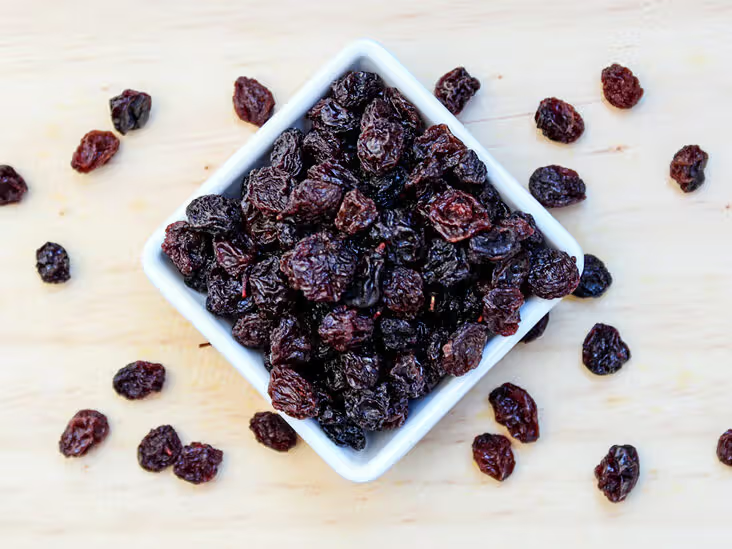
Raisin production is closely linked to grape cultivation. The top raisin-producing nations also rank among the leading grape growers in the world. As of recent global statistics, the top raisin-producing countries include:
- Turkey
- United States (California)
- Iran
- China
- Uzbekistan
- Chile
- South Africa
- Afghanistan
Among these, Turkey reigns supreme, with a commanding share of the global raisin market.
Turkey: The World’s Largest Raisin Producer
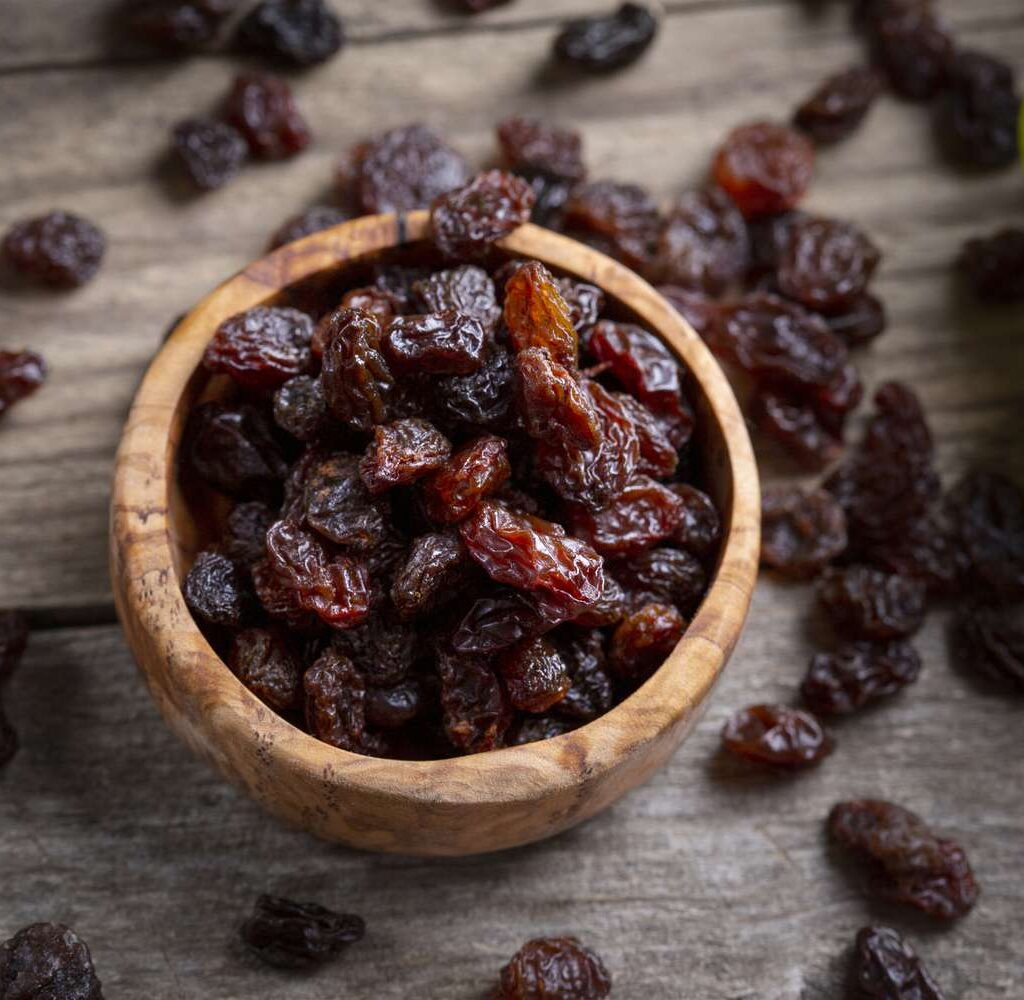
1. Production Volume and Global Share
Turkey produces approximately 300,000 to 350,000 metric tons of raisins annually, accounting for nearly 25%–30% of global production. The Aegean region, especially around the city of Izmir, is the heart of Turkish raisin cultivation. This region is ideal due to its Mediterranean climate, fertile soil, and long sunny days — all perfect conditions for drying grapes naturally under the sun.
2. Export Dominance
Turkey is not only the largest producer but also the largest exporter of raisins in the world. It exports more than 80% of its raisin production to over 100 countries. Major buyers include:
- The United Kingdom
- Germany
- The Netherlands
- Italy
- France
- Russia
Turkish raisins are especially popular in the European Union due to their high quality, competitive pricing, and adherence to international food safety standards.
3. Key Variety: Sultana Raisins
The most famous Turkish raisin is the Sultana, made from the seedless white grape variety. It is light-colored, sweet, and dried naturally in the sun. Sultanas form the backbone of Turkey’s raisin exports and are favored for baking and cooking across global markets.
4. Government and Industry Support
The Turkish government and local agricultural cooperatives like TARİŞ have played a crucial role in sustaining and boosting the raisin industry. These organizations provide support to farmers in terms of:
- Technical assistance
- Quality control
- Modern drying facilities
- Marketing and export logistics
In addition, Turkey invests in organic raisin production, catering to the growing demand for chemical-free food in Western markets.
Comparison with Other Leading Producers
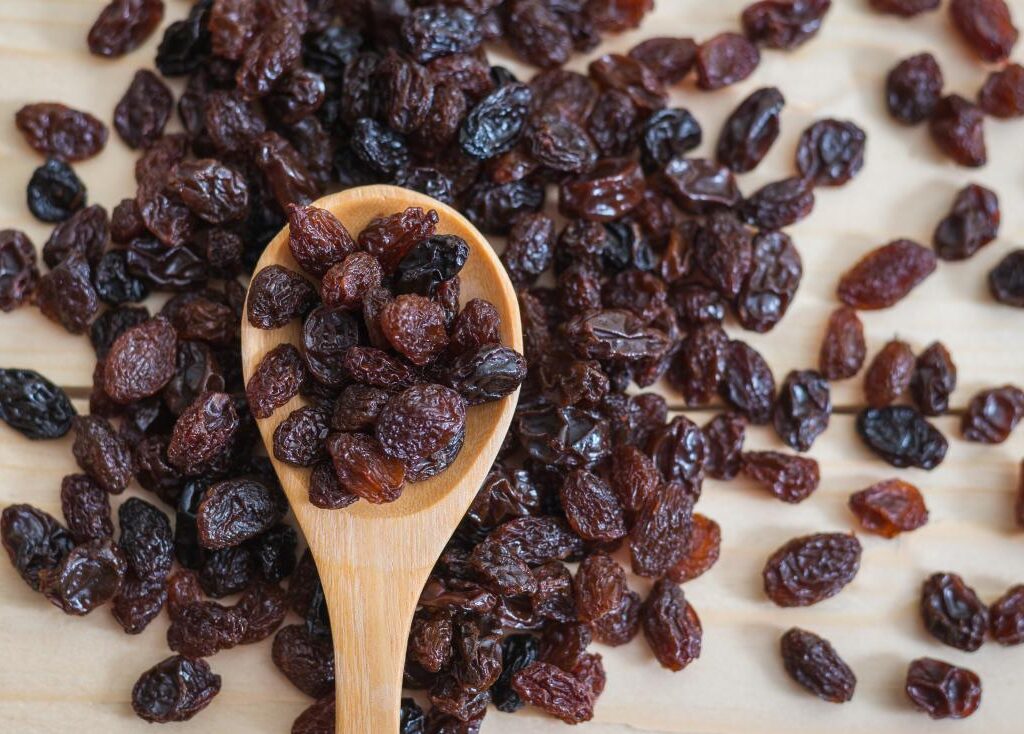
United States (California)
The U.S., particularly California’s Central Valley, is the second-largest raisin producer. It produces about 200,000–250,000 metric tons annually. The dominant variety is Thompson Seedless, and most of the raisins are consumed domestically, although significant exports go to Canada, Japan, and the EU.
Iran
Iran is a traditional raisin powerhouse and ranks third globally. It produces around 150,000–200,000 metric tons, with a large portion used for export. Iran is known for its sun-dried black and green raisins. However, geopolitical challenges and sanctions have impacted its full potential in the global market.
China
China is a rising player in the raisin industry, primarily catering to its large domestic market. The Xinjiang region, with its dry and sunny climate, is a major raisin hub. Chinese production is improving in terms of quality and quantity, positioning the country as a future competitor in international exports.
Factors Behind Turkey’s Leadership
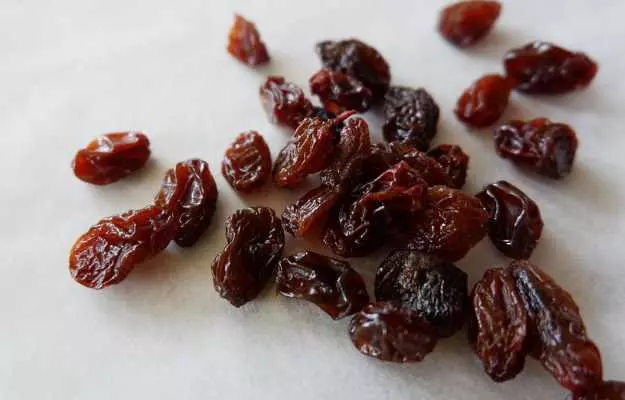
Several factors contribute to Turkey’s position as the world’s leading raisin producer:
- Ideal Climate: Warm, dry summers and minimal rainfall during harvest create perfect natural drying conditions.
- Centuries of Experience: Turkey has a long tradition of grape and raisin production, with knowledge passed down through generations.
- High-Quality Varieties: Turkish raisins are prized for their texture, sweetness, and versatility.
- Cost-Effective Labor: Compared to Western countries, Turkey benefits from lower labor costs, making its production more competitive.
- Strategic Location: Turkey’s location allows easy access to European, Middle Eastern, and Asian markets.
Challenges Facing Turkey’s Raisin Industry
While Turkey dominates the market, it also faces several challenges:
- Climate Change: Unexpected rainfall during drying season can damage crops.
- Pest and Disease Risks: Like all agriculture, raisins are vulnerable to fungal infections and insects.
- Market Competition: Emerging producers like China and traditional players like the U.S. pose stiff competition.
- Currency Fluctuations: Export revenue can be heavily impacted by changes in the Turkish Lira’s value.
The Future of Raisin Production
The global raisin market is expected to grow steadily due to increasing consumer awareness about health and wellness. Raisins are gluten-free, non-GMO, and natural — making them ideal for plant-based diets, vegan recipes, and energy snacks.
To stay ahead, Turkey is:
- Expanding organic production
- Investing in sustainable farming
- Improving packaging and processing techniques
- Targeting high-value niche markets
Conclusion
Turkey stands tall as the largest raisin producer in the world, thanks to its favorable climate, strategic location, high-quality products, and robust export infrastructure. While it faces challenges from climate change and rising competition, the country’s continued focus on quality, innovation, and market expansion ensures its dominant place in the global raisin industry.
For those seeking to understand agricultural leadership in dried fruit production, Turkey’s raisin industry offers a compelling case study in how tradition, climate, and innovation can combine to create global success.
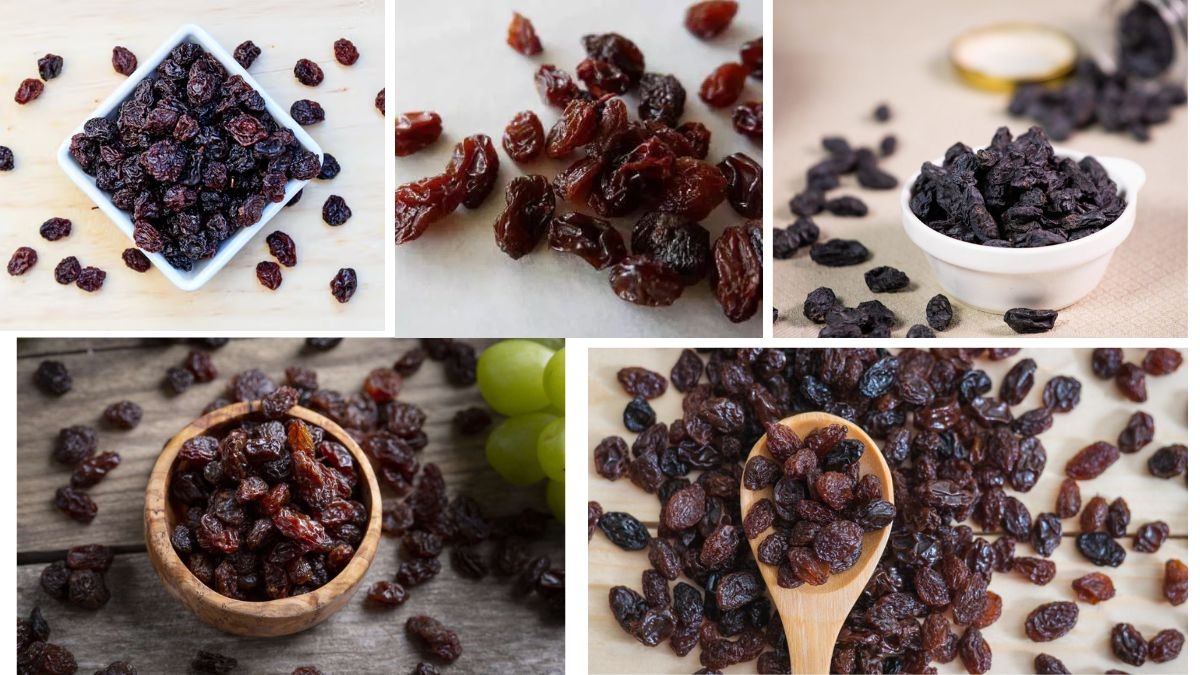



Leave A Comment